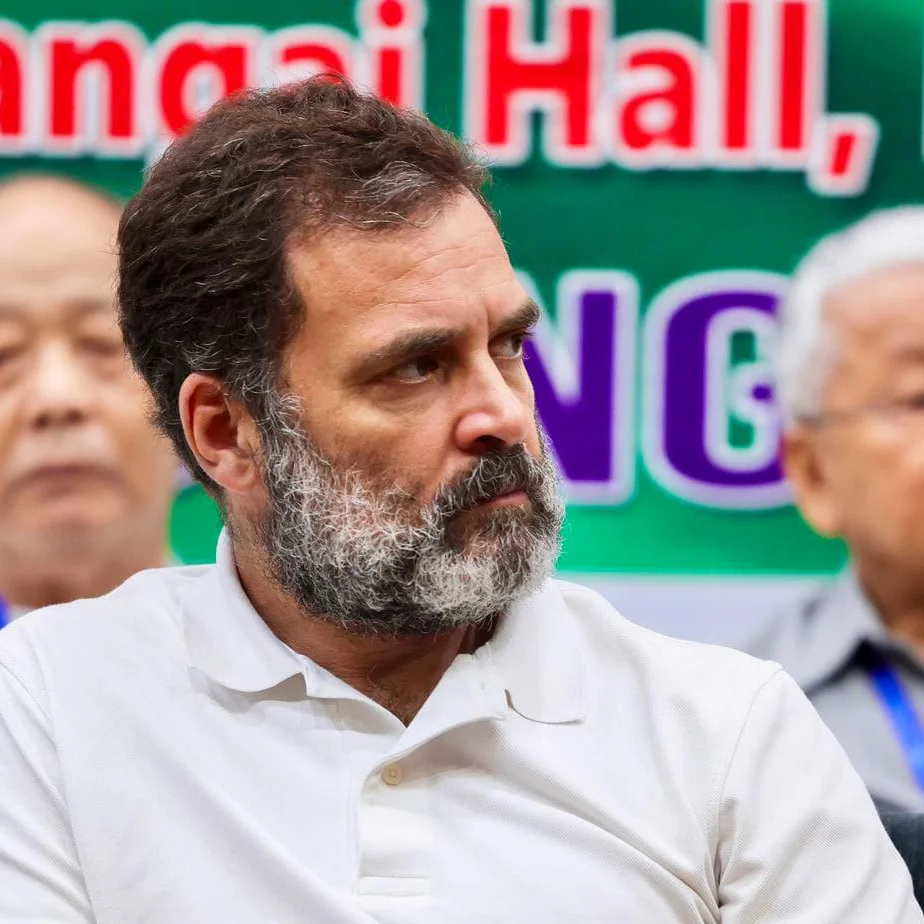Congress leader Rahul Gandhi has recently voiced strong concerns about the fairness of the national budget process. During a public gathering in Delhi, Gandhi argued that the current government is not including marginalized communities in its financial planning. Specifically, he claimed that Dalits, tribals, and other backward classes are not given enough of a voice when the budget is being created. He noted that these groups are notably absent when the Finance Minister presents the budget, indicating a lack of representation in key decision-making roles. This raises an important question about whether everyone has an equal opportunity to influence how government money is spent.
To further support his argument, Gandhi highlighted the composition of the team that develops the budget. He pointed out that out of 90 officials involved in preparing the budget, only three come from the Other Backward Classes (OBCs). This, he believes, shows that the process is not reflective of India’s diverse population. According to Gandhi, when the people creating the budget don’t represent the wider population, it directly affects how resources are allocated. Therefore, certain communities might miss out on their fair share of government spending.
Gandhi emphasized that marginalized communities constitute about half of India’s population. He illustrated his point with a simple example, saying, “If 50% of the population is from these communities, then they should receive 50% of the budget.” He used this to demonstrate that when key groups lack adequate representation in budget creation, the result is an uneven distribution of resources. Gandhi’s remarks bring to light an ongoing debate about social justice and equality in the country. This issue will likely continue to spark discussion as people seek a more inclusive and fair system for all.
